
A phase 2 trial found that pembrolizumab plus lenvatinib elicited an overall response rate of 37.5% that consisted entirely of partial responses in high-grade serous PROC.

Your AI-Trained Oncology Knowledge Connection!


A phase 2 trial found that pembrolizumab plus lenvatinib elicited an overall response rate of 37.5% that consisted entirely of partial responses in high-grade serous PROC.
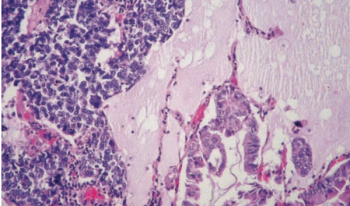
Patients who received cabozantinib experienced a PFS of 8.5 months vs 5.6 months with placebo, a subgroup analysis from the CABINET trial found.

Data from the phase 3 ASC4FIRST trial support asciminib as a standard of care in newly diagnosed chronic myeloid leukemia in chronic phase.

Phase 2 data also show responses with atezolizumab switch therapy in a population of patients with BRAF V600–positive melanoma.
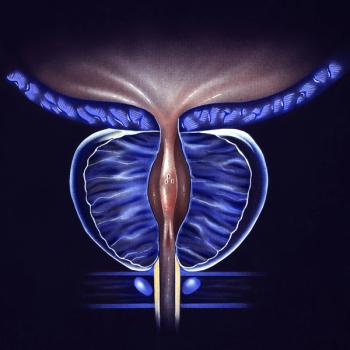
Significant survival benefits were observed with Radium-223 plus enzalutamide in patients with metastatic castration-resistant prostate cancer.

In particular, dato-DXd plus durvalumab and chemotherapy produced the highest pCR and mPR rates in the phase 2 NeoCOAST-2 trial.

Data from the REVEAL trial support identifying history of thromboembolic events as a potential novel risk factor in those with polycythemia vera.

Additionally, PFS data in the CLEAR trial confirm the benefit of the lenvatinib combination in patients with clear cell RCC regardless of PD-L1 IHC.
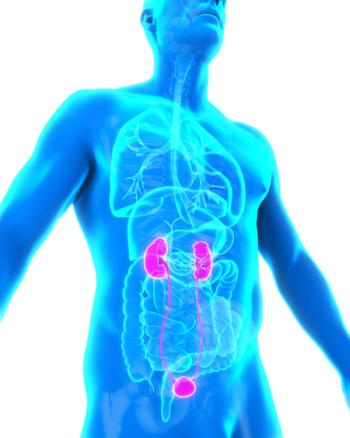
Using the TILs CD8-positive, PD-1-positive, TIM3-negative, and LAG3-negative as predictive biomarkers did not impact outcomes in metastatic clear cell renal cell carcinoma.

Phase 2 data also show activity in diseases with resistance mutations such as G2032R with taletrectinib.
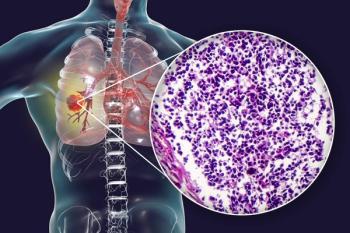
Lorlatinib may show “unprecedented” improvements in outcomes for those with advanced ALK-positive NSCLC, according to Benjamin J. Solomon, MBBS, PhD.
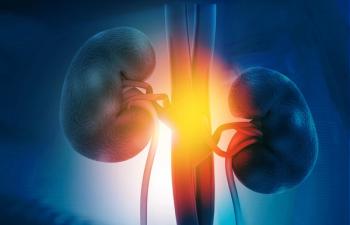
Adjuvant pembrolizumab resulted in a reduction in the risk of death in patients with ccRCC.

Combining ASKB589 with capecitabine, capecitabine, and sintilimab leads to no treatment discontinuation due to adverse effects among patients with gastric or gastroesophageal junction cancer in a phase 1/2 trial.

The addition of isatuximab to carfilzomib/lenalidomide/dexamethasone appears to be manageable with respect to safety and tolerability in treating patients with newly diagnosed multiple myeloma, according to data from the phase 3 IsKia trial.
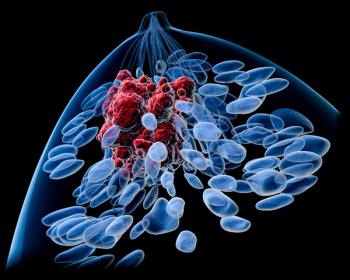
Safety findings in the phase 1b DESTINY-Breast08 are comparable with prior reports of trastuzumab deruxtecan and endocrine therapy in HER2-low hormone receptor–positive metastatic breast cancer.

Objective response rate appears to be higher with datopotamab deruxtecan compared with docetaxel among patients with advanced or metastatic non–small cell lung cancer in the phase 3 TROPION-Lung01 study.

Results from the phase 1b/2 ACTIVATE trial showed tolerability among the combination of etigilimab plus nivolumab in patients with recurrent or advanced solid tumors.
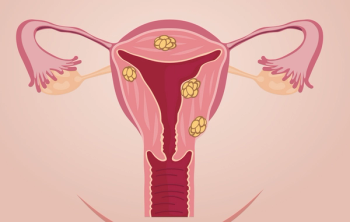
Pembrolizumab combination yielded an improved progression-free survival benefit vs placebo in patients with newly diagnosed, previously untreated, high-risk locally advanced cervical cancer.

Treatment with adagrasib appears to be particularly well tolerated in patients with KRAS G12C–mutated non–small cell lung cancer who receive it for more than 1 year.

Combination therapy with nivolumab and relatlimab produces superior progression-free survival vs nivolumab monotherapy among those with advanced melanoma in the phase 3 RELATIVITY-047 trial.
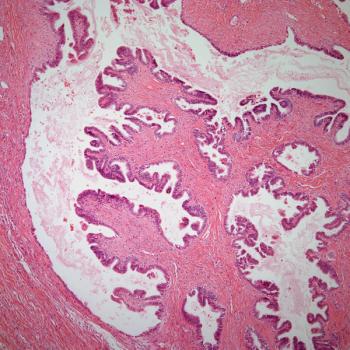
Avutometinib plus defactinib produces no new safety signals among those with low-grade serous ovarian cancer in the phase 2 RAMP 201 trial.

The anti-tumor activity of lasofoxifene plus abemaciclib does not appear to be compromised by co-occurring alterations that confer resistance among patients with estrogen receptor–positive HER2-negative breast cancer.

Elacestrant also appears to produce a manageable safety profile in the treatment of patients with estrogen receptor–positive HER2-negative advanced breast cancer in the phase 3 EMERALD trial.

Patients with renal cell carcinoma with variant histologies appear to benefit from treatment with a triplet regimen of cabozantinib, nivolumab, and ipilimumab.
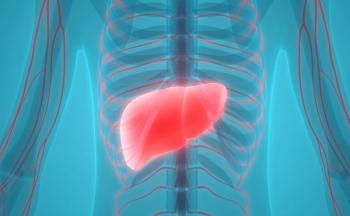
Envafolimab in combination with lenvatinib and transarterial chemoembolization demonstrated efficacy and safety among patients with unresectable hepatocellular carcinoma.

Updated findings from the phase 2 CARTITUDE-2 trial highlighted the promising efficacy of ciltacabtagene autoleucel in patients with relapsed or refractory multiple myeloma following early relapse.

Patients with B-cell malignancies intolerant to acalabrutinib appeared to derive clinically meaningful benefit from zanubrutinib.

Patients with HER2-positive metastatic breast cancer experienced promising preliminary safety and efficacy with trastuzumab deruxtecan alone and in combination with pertuzumab.

Published: December 11th 2023 | Updated:
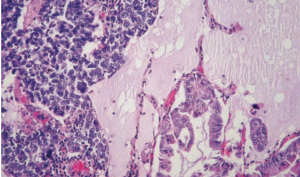
Published: January 24th 2025 | Updated: